Hope on horizon for refugees
Local
Church and community groups are being encouraged to become involved in a new program which will see them welcoming and supporting refugee families into their neighbourhood.
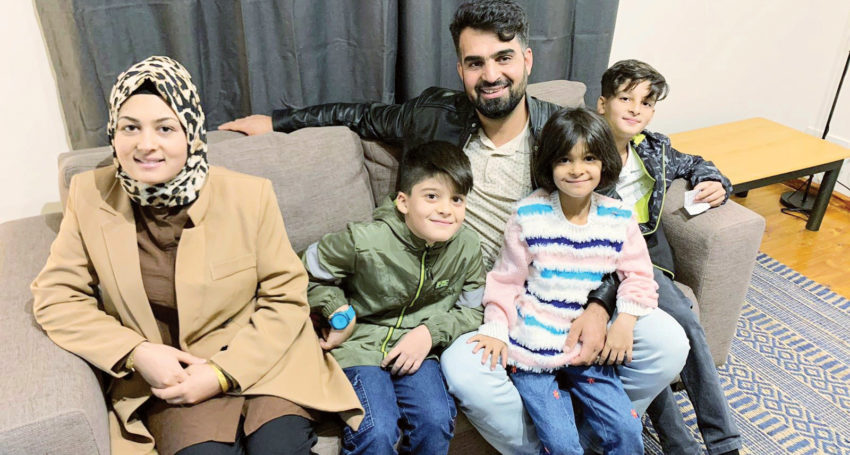
Launched in the middle of the year, the Community Refugee Integration and Settlement Pilot (CRISP) invites small groups of five or more adults to band together and sponsor a refugee family to resettle in their local community. The group makes the commitment to support them for a 12-month period, taking on responsibility for securing housing, employment, helping them to buy furniture, fill out forms, enrol children in schools, and in general, becoming a ‘friend and connector’.
Advertisement
Modelled on the Canadian experience which has settled more than 325,000 refugees in this way since the 1970s, the program has already settled about 100 refugees in Australia, with South Australia welcoming its first CRISP family in early October.
Lynton Stacey is one of eight members from the Everyday Church that has sponsored the family, who were originally from Afghanistan but had been living in Turkey as refugees for the past six years. He said the group received “great support and training” from independent charity organisation Community Refugee Sponsorship Australia, which is running the program, and had a house set up for the family when they arrived. They are living in the southern suburbs, undertaking English studies and members of the group regularly contact them to make sure they are doing okay.
“It is something that we felt called to do and it’s been a wonderful experience for everyone,” Mr Stacey said.
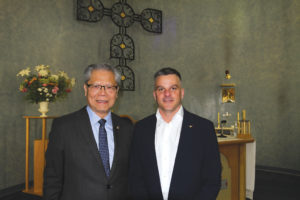
Former governor Hieu Van Le and Brad Chilcott at the forum hosted by St Chad’s in Highgate.
Addressing a forum hosted by St Chad’s Anglican Church in Highgate last month, Welcoming Australia founder Brad Chilcott AM also commended the program, describing it as an exciting and tangible way for South Australians to support displaced people in the world.
While still in its early stages, Mr Chilcott said the Canadian model demonstrated that if refugees arrived with “ready-made support networks” it was proven to “massively increase” the employment, education and wellbeing outcomes for those people.
Advertisement
“This program is an opportunity for Australians to be directly and personally involved in helping refugees settle in Australia and can change the way we understand their experiences, lives and the way they enrich our communities,” he said.
“The commitment is for a year, but the friendship can last a lifetime.”
Mr Chilcott told the gathering of about 40 church and community members that he was heartened by the election promises of the now Albanese Labor Government, which included abolishing the Temporary Protection and Safe Haven visas, the “unjust” fast track process and restoring family reunion visas.
“The policy commitments from the incoming Labor Government are really exciting,” he said.
“We are here today in a moment when I believe true change is possible. Where Australians are being called towards compassion and generosity for refugees and for other marginalised groups for the first time in a very long time. Where our leaders are saying positive things about refugees, wanting to expand intakes, celebrating diversity of all kinds in a different way that I’ve seen for much longer than a decade.
“We’re only six months in so there hasn’t yet been a radical change of legislation but we have seen a radical change of tone, of rhetoric, of narrative.”
Former SA Governor Hieu Van Le AC also spoke at the forum, recounting the treacherous boat journeys he and wife Lan experienced as they fled war torn South Vietnam, eventually starting a new life as refugees in Australia.
On the first journey their boat was constantly being turned back by the Malaysian coastguard and out of desperation the 51 onboard swam through crocodile-infested waters to get to shore. After enduring “horrible” conditions in a refugee camp for three months, they boarded a more seaworthy boat and started towards Australia, with Mr Le taking the role as navigator.
“The trip took nearly a month and many, many times we thought we wouldn’t make it,” he said.
After being greeted by “two blokes in a tinny” in Darwin Harbour, on November 21 1977 the couple flew to Adelaide and were bused to the Pennington Hostel.
“The first night…we heard knocks on our door and when we opened it there was an Australian family, local people coming and saying ‘welcome to Australia, we are here to help, is there anything we can help you with?” he said.
“We hadn’t heard that for a long, long time.
“The most important thing that can empower us to have the confidence to live and do the best we can, is that feeling of belonging.
“Never underestimate the word, welcome.”


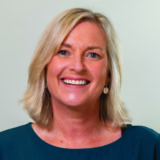
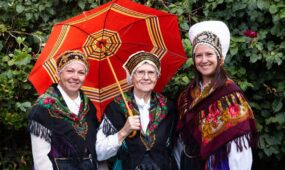
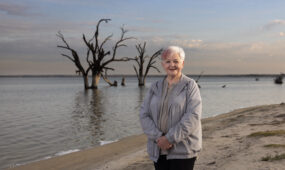
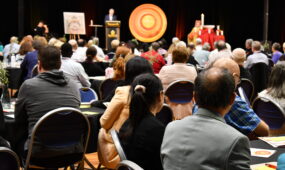
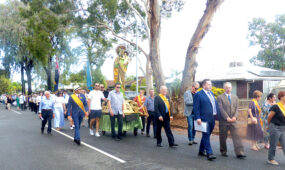

Comments
Show comments Hide comments